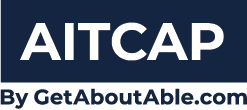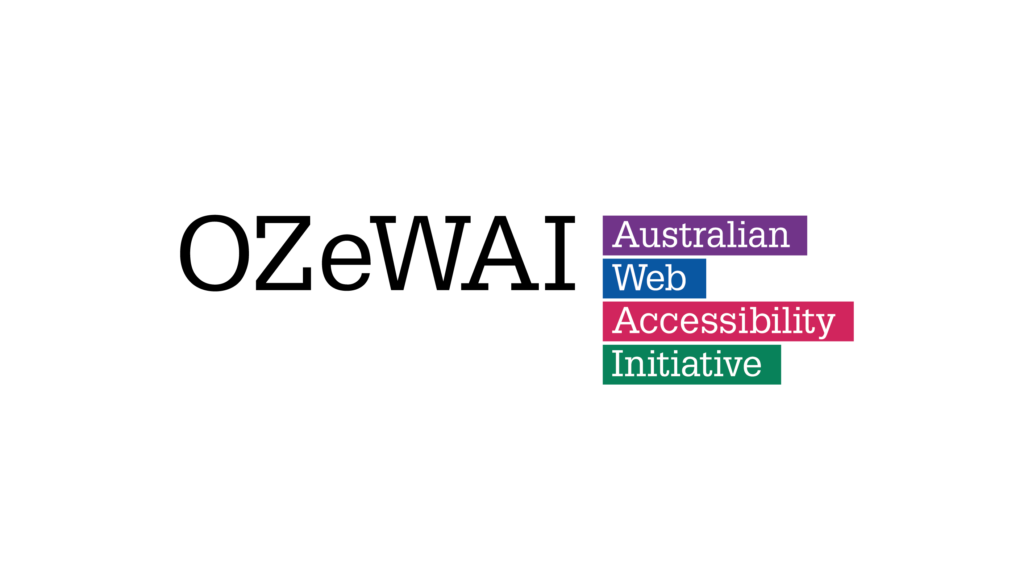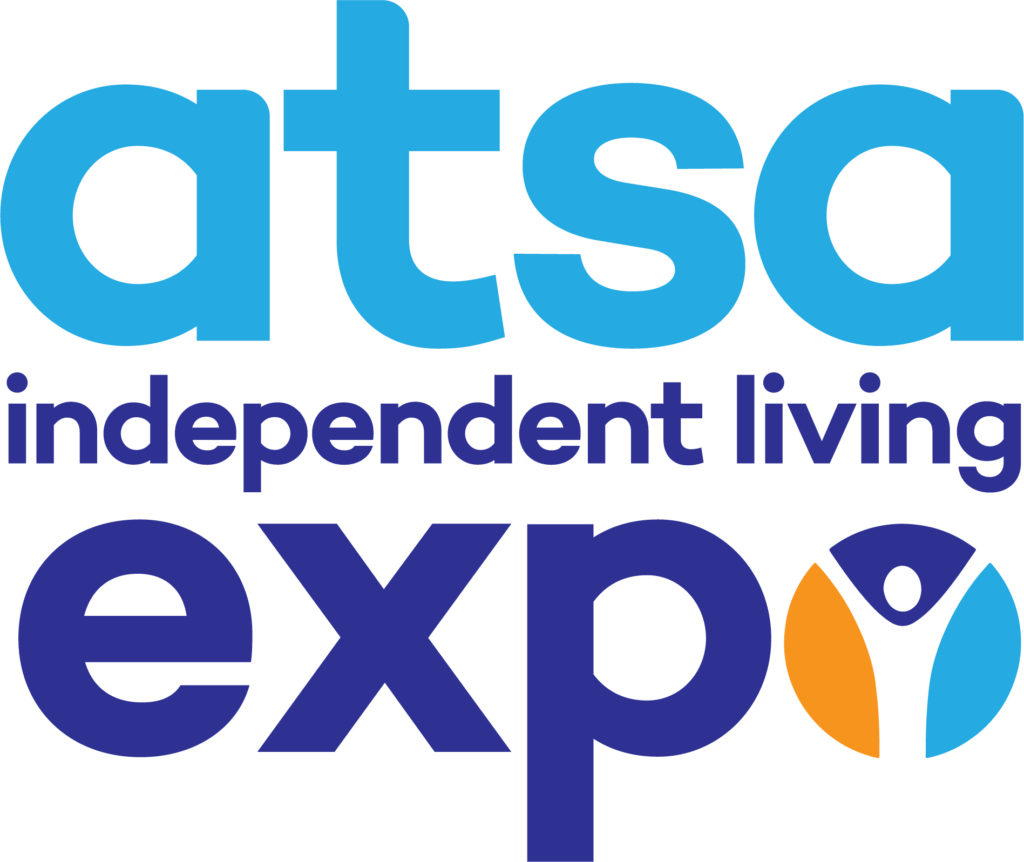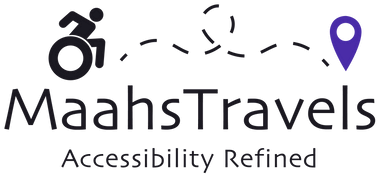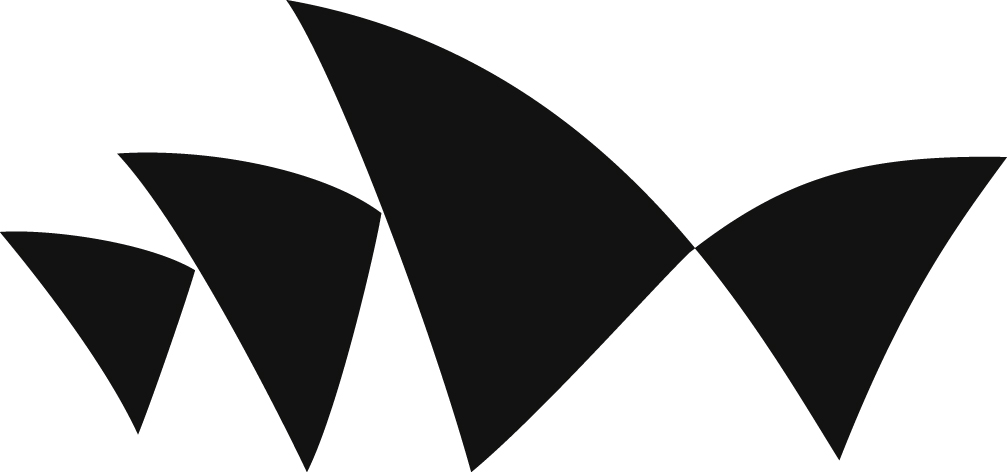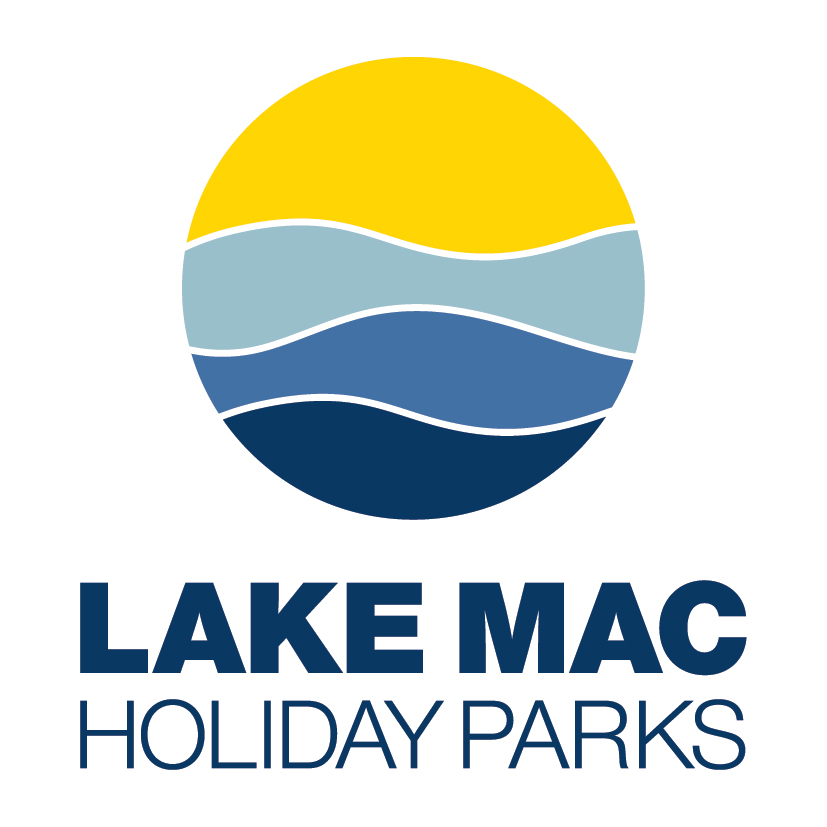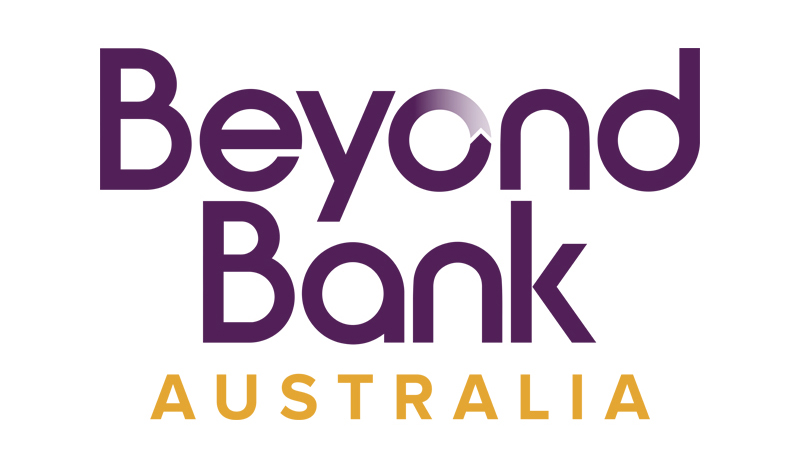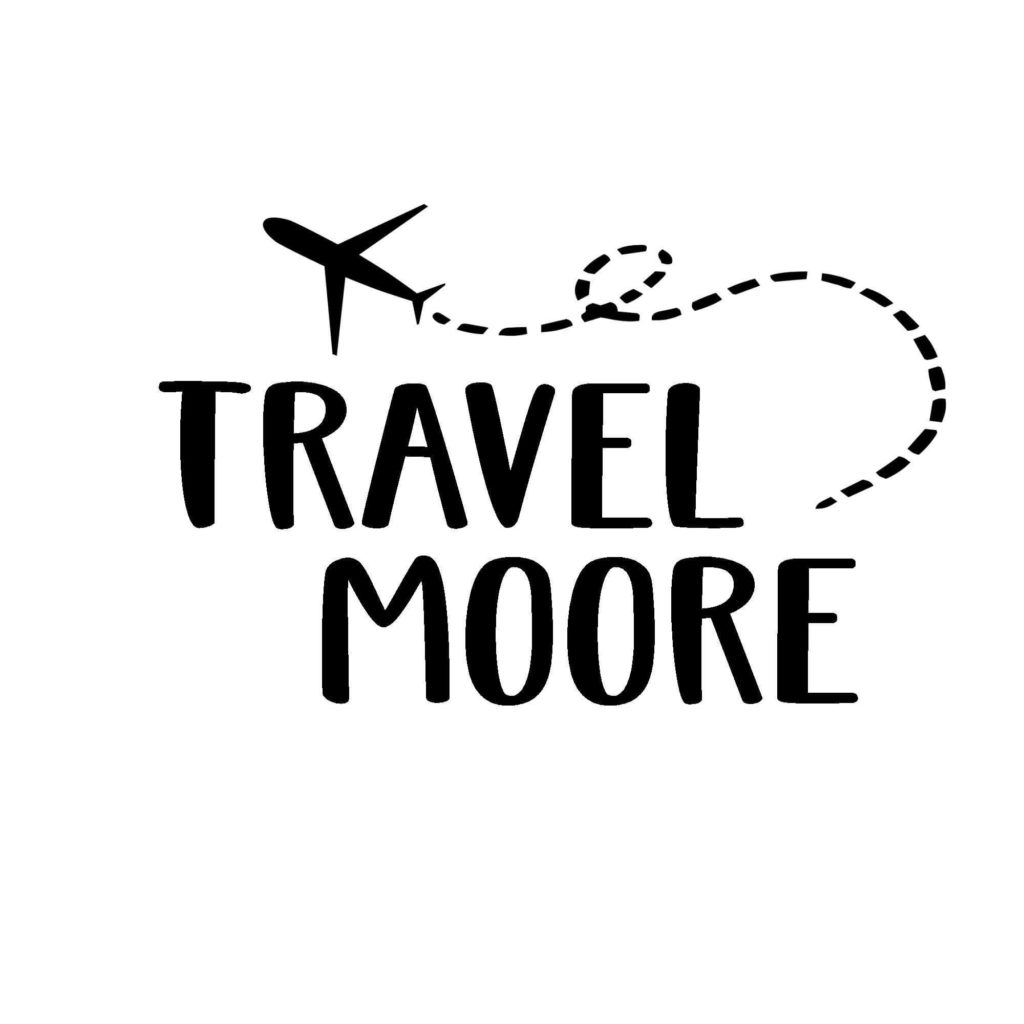LEARN
Why and How can I start my journey towards accessibility and inclusion?
The first day of AITCAP 2022 was full of industry-leading insights and valuable connections to help get you started on your accessible & inclusive journey and we’re only just beginning!
We’ve gathered some highlights for you!
📜 QUOTE OF THE DAY
"The takeout from everybody today is we're not aiming for a gold standard. Make the first steps and the next steps will follow."
Martin Heng
✈️ KEY TAKEAWAY
The most valuable tools you have to make your business more accessible & inclusive are your attitude, your customer service, your information, your communication channels and your partnerships and networks.
Speakers today reminded us of the huge size and underestimated value of the accessible & inclusive tourism market. And the journey towards making your business or destination more accessible & inclusive doesn’t start with, and may never even involve, compliance with standards or significant investment in hard infrastructure. The most valuable tools you have to do so are your attitude, customer service, information and partnerships.
Start with the achievable and affordable adaptations that you can make now
Don’t wait to go for gold standard compliance. As Clair Crowley said “We try and encourage operators to stop thinking about being fully wheelchair accessible and to concentrate on what they have got control over”. The panel “Finding simple and inexpensive solutions for small businesses” offered some great examples on that.
Customer Service and a welcoming attitude is key
Chris Kerrisk launched his presentation with a startling fact – “Did you know that for an individual with disability, the greatest source of discrimination is from service and hospitality staff?‘. But, as Chris noted, this discrimination is usually inadvertent and arises out of lack of knowledge and experience “And it’s something that we can easily fix through the bedrock of tourism: good old fashioned customer service“, a sentiment echoed by other presenters with many good practice examples given throughout the day.
Remember that your customers are best at deciding what is “accessible” for them
By providing detailed information about your business – starting on your website -, you will make it easier for individuals to decide whether or not the infrastructure and services you’re providing are accessible to them. In our keynote, Dane Cross noted “Automatically labelling something as inaccessible, automatically excludes people from participating. Rather, it’s the provision of information that’s the important part“.
Ensure potential customers can access information and book by working on the digital accessibility of your website, apps and social media
As Fred Maahs Jr. said “You could have the best hotel in the world, the best airline in the world, the most accessible. But if your website isn’t accessible, pretty much none of that other stuff means anything if your clients and customers can’t access the information that you are trying to get out there“. And there are inexpensive tasks that anyone can do as illustrated in the “Letting people know you are accessible & inclusive: Start with your website” panel.
And finally there’s no better place to start than collaboration with your local community
The City of Newcastle demonstrated in their session that this is the way to get the best insights and unlock the potential of accessible & inclusive tourism for your destination.
Missed it?
Want more?
Register for Days 2, 3 & 4
Continue the conversation with #AITCAP2022
Join the GetAboutAble community



